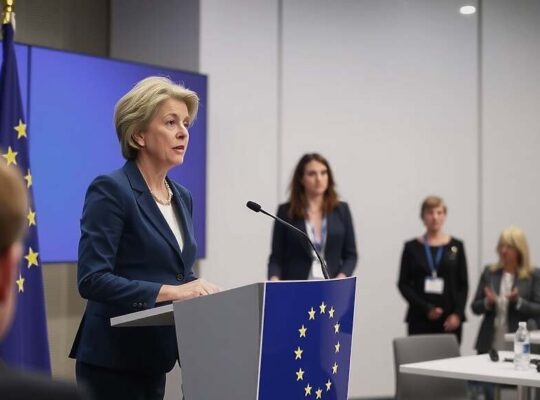This year’s Nobel Prize in Chemistry has been awarded to Susumu Kitagawa of Kyoto University, Richard Robson from Melbourne and Omar M. Yaghi of Berkeley for their pioneering work in creating metal-organic frameworks (MOFs). The Royal Swedish Academy of Sciences announced the prize on Wednesday, recognizing their innovative approach to molecular construction.
The recognized scientists developed MOFs – porous, crystalline structures built from metal ions coordinated to organic molecules – which possess unprecedented properties for capturing and separating gases. While lauded for their potential in applications ranging from atmospheric water harvesting in arid environments to carbon dioxide sequestration and toxic gas storage, the award also subtly highlights the growing pressures – and politicization – surrounding climate technologies.
The MOFs’ ability to selectively bind specific molecules offers a tangible solution to challenges linked to climate change and industrial pollution. Yet, analysts are questioning the speed and scalability of translating these laboratory innovations into widespread, impactful solutions. Some critics are pointing to the emphasis on technological fixes, arguing that such advancements shouldn’t distract from the urgent need for systemic changes in energy consumption and industrial practices.
The awarding of three consecutive Nobel Prizes – Medicine, Physics and now Chemistry – to researchers focused on complex scientific breakthroughs underscores the renewed international emphasis on fundamental research and innovation. However, the accompanying celebratory narrative often glosses over the persistent issues surrounding equitable access to these advancements and the potential for their misuse. While the MOFs hold considerable promise, the coming years will be crucial in determining whether these molecular constructs truly contribute to a sustainable future, or simply become another example of technology outpacing responsible implementation. The Academy’s announcement follows a pattern this year of recognizing scientific endeavors with broad societal implications, raising ongoing discussions about scientific responsibility and the Nobel Prize’s role in shaping public perception of innovation.












